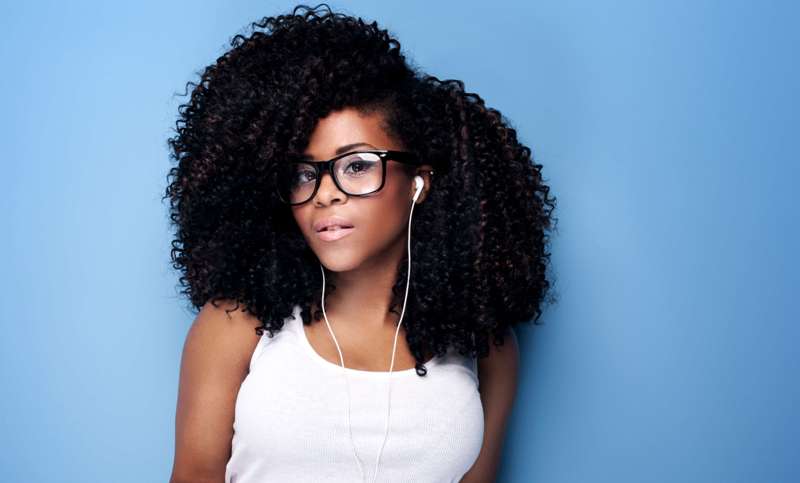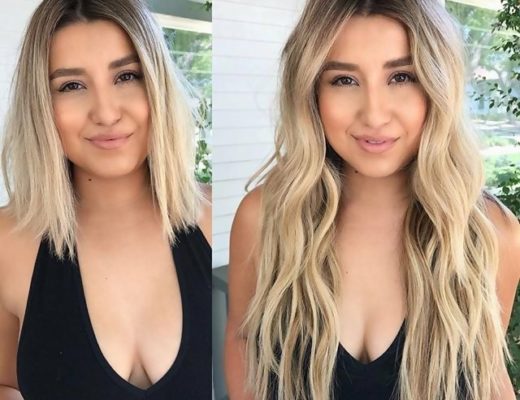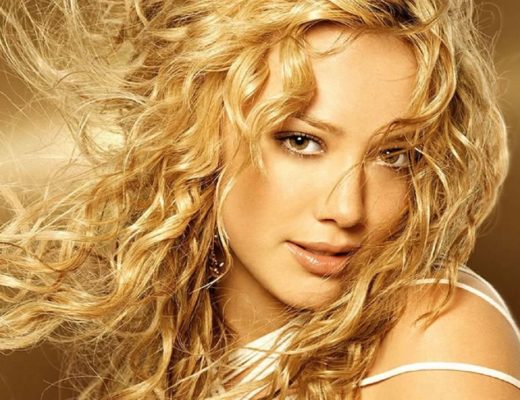More than curls and protective styling, the afro hairstyle probes a deeper meaning. It reflects aesthetics to celebrating the slavery and emancipation of the black and brown people who have come to embrace the natural growth of their hair.
Thus, the embrace cannot be seen as just an aesthetic styling but a subtle reminder of black history and racial profiling. Once labelled as close-cropped strands, afro hairstyles usually are wavy or kinky hair. The hairstyle was brought into the global limelight through arts and music with expressive content against racism.
But this is not to say you cannot put on an afro hairstyle. It is, however, more important you know the history behind it before you do so. According to comments dropped on ukcollected.reviews, Afro hairstyle is in shapes and forms. It can be short or long afro and can be made into twists and curls. As much as wearing it, styling afro requires attention and tools. Find the right tools by exploring the best online shopping reviews. Even while you do that, stay afloat with the expression of Afro hairstyle and why it is significant to the current social and political system.
History of the Afro in Black tradition
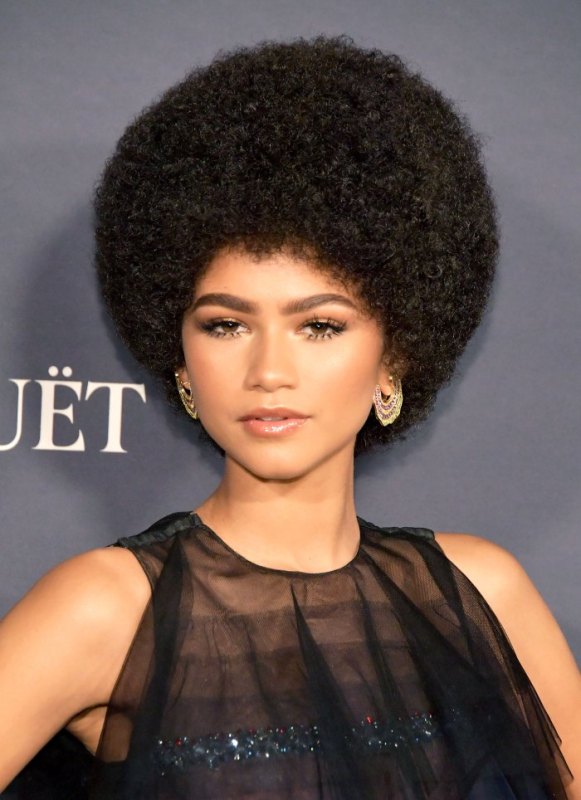
Hairstyles — not just Afro hairstyles — assume not only beauty purposes but also spiritual purposes. Priests and traditional worshippers wear special hairstyles to celebrate and honour the sacredness of their gods and/or deities. This explains why the Afro hairstyle cannot just be seen as the normal hairstyle trend. In the 1920s, Marcus Garvey advocated the embrace of the afro by urging blacks to remove kinks from their mind and not their hair. It was further corroborated by the efforts of Haile Selassie, Angela Tyson, and the renowned Rastafarian movement.
Afro as a Statement of Black Revolution
The afro endured moments of rejections before the spark of an evolution. In the 1700s, black women were forced to cover their hair with scarves so the hair could not attract the white man’s attention. This was before slavery. After slavery, black women were grounded in the culture and started styling to replicate straight hair rather than own their wavy and kinky ones.
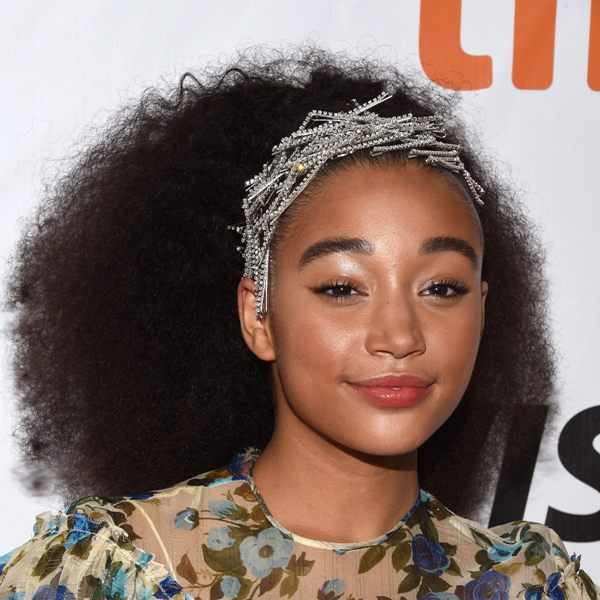
But now, as more black women are rejecting Eurocentric culture such as the style of hair, they are embracing the natural afro and finding ways to make it more beautiful. Without doubts, the afro signifies the following:
- A form of expression and/or statement against racial profiling.
- A reflection of psychological scars of slavery
- A probe into the past and a move into the future
- A form of identity about tribe and spirituality
- An aesthetic look open to innovation
- Freedom, freedom, and freedom all social constructs.
- Advocacy against the social and political status.
Final Notes
Beyond aesthetics, the afro functions as a statement, a movement, and a probe. It expresses the past, probes the present about racial discrimination, and moves discussions on tolerance and equality into the future. Before you put on the hairstyle, be conscious of these functions and the subtle emancipation appeal, which is to live and let others live.
